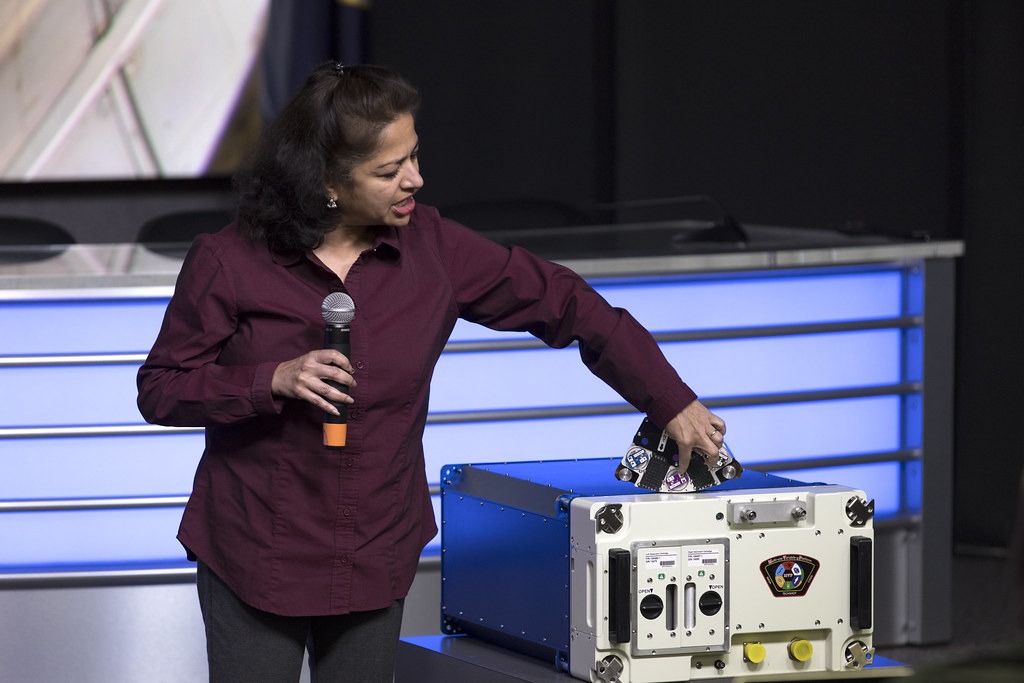 Image Source: Flickr
Image Source: Flickr
NASA biologist Sharmila Bhattacharya is leading groundbreaking research to prepare astronauts for longterm space missions, focusing on the biological effects of spaceflight and radiation exposure. As the Lead Scientist at NASA’s Ames Research Center, she is spearheading studies on how microgravity impacts human health, using fruit flies and yeast to model cellular responses in space.
Key Highlights:
-
Radiation & Microgravity Studies: Bhattacharya’s research examines how space radiation affects DNA, helping develop protective countermeasures for astronauts.
-
Compact Science Experiment Module (CSEM): She pioneered the CSEM, a selfcontained unit that enables automated biological experiments in space, reducing astronaut workload.
-
CrossAgency Collaboration: Bhattacharya works closely with private aerospace firms, government bodies, and international partners, ensuring global advancements in space medicine.
-
BioSentinel Mission: She leads NASA’s BioSentinel project, which will study deepspace radiation effects on living organisms, a critical step for future Mars missions.
-
Public Engagement: Recently, she spoke at the Lodha Genius Programme in India, alongside ESA flight surgeon Brigitte Godard, discussing biology’s role in space exploration.
Bhattacharya’s work is reshaping astronaut health protocols, ensuring humans can thrive beyond Earth’s atmosphere as space travel advances.
Sources: Mint Ahmedabad, NASA, T2 Portal.
Advertisement
Advertisement








